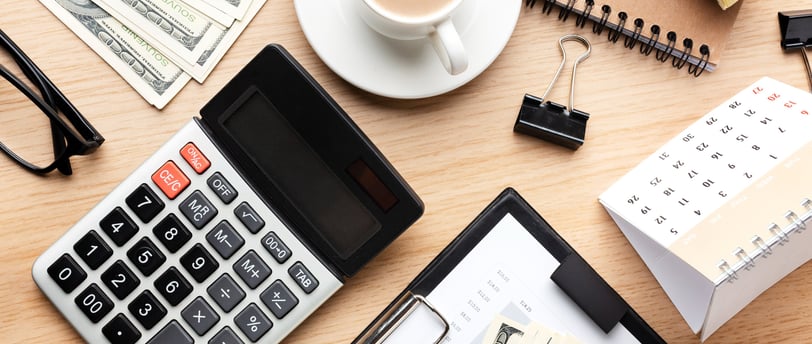Smart Tax-Saving Tips for UK Taxpayers in 2025
3/26/20252 min read


With tax season approaching, it’s essential to take advantage of every opportunity to reduce your tax bill. Here are some practical ways to legally lower your tax liability in the UK.
1. Maximise Your Personal Allowance
Every UK taxpayer gets a tax-free Personal Allowance (£12,570 for 2024/25). If your income is above £100,000, your allowance is gradually reduced, so consider tax-efficient strategies like pension contributions or Gift Aid to keep more of your earnings.
2. Use Gift Aid If You Earn Over £50K
If your income exceeds £50,000, you may lose some or all of your Child Benefit due to the High Income Child Benefit Charge (HICBC). Making donations under Gift Aid can reduce your taxable income, helping you keep more of your benefits while supporting charities.
3. Claim Marriage Allowance (£1,260 Benefit)
If your spouse earns below the Personal Allowance (£12,570), they can transfer £1,260 of their allowance to you, reducing your tax bill by up to £252 per year. It’s an easy way for couples to save.
4. Make Use of Capital Gains Tax (CGT) Allowance (£3,000)
For 2024/25, the CGT exemption is £3,000 (reduced from previous years). If you’re selling assets, consider spreading sales over multiple tax years or transferring assets to a spouse to maximise exemptions.
5. Boost Your Pension Contributions
Contributions to a pension scheme (such as a workplace pension or SIPP) are tax-free up to your annual allowance (£60,000 in most cases). Higher earners can also reduce taxable income by making pension contributions.
6. Invest in an ISA for Tax-Free Returns
You can save up to £20,000 per year in an ISA (Individual Savings Account), and any interest, dividends, or capital gains within an ISA are completely tax-free. It’s one of the easiest ways to grow your savings without worrying about tax.
7. Use Gifting to Reduce Inheritance Tax (IHT)
You can give away up to £3,000 per tax year without it being subject to Inheritance Tax (IHT). This annual exemption can be combined with the previous year’s unused allowance, making it a great way to pass on wealth tax-efficiently.
8. Protect Your Child Benefit
If you or your partner earn over £50,000, you’ll have to repay some (or all) of your Child Benefit via the High Income Child Benefit Charge. To avoid this, consider salary sacrifice schemes, pension contributions, or Gift Aid donations to lower your taxable income.
© All Rights Reserved. Ottax Consulting Ltd.
Company Number: 16271996
Registered Office Address: 124-128 City Road, London, England, EC1V 2NX
